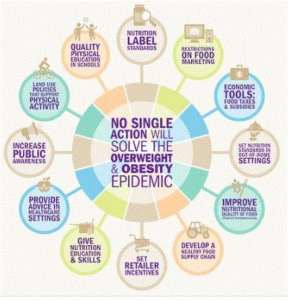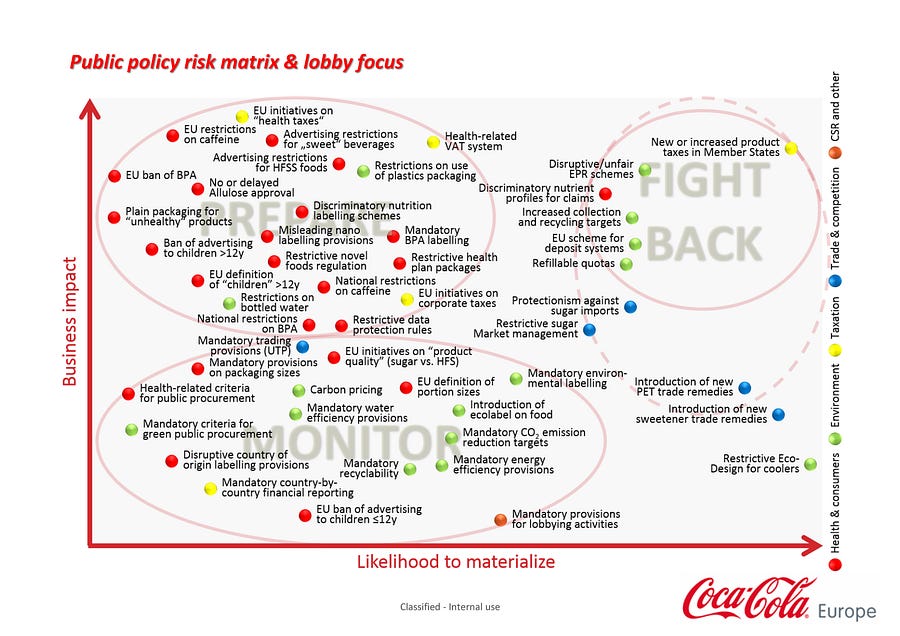PepsiCo, yesterday, announced that it had launched its sustainability report with an agenda for 2025.
The sustainability promises look good, but reporters called me for comments only on the first goal in its Products agenda:
- At least two-thirds of Pepsi’s global beverage portfolio volume will have 100 calories or fewer from added sugars per 12-ounce serving.
For the record, the other Product goals are:
- At least three-quarters of its global foods portfolio volume will not exceed 1.1 grams of saturated fat per 100 calories.
- At least three-quarters of its global foods portfolio volume will not exceed 1.3 milligrams of sodium per calorie.
The reporters’ questions assumed that Pepsi plans to reduce the sugar in its full-sugar beverages.
Maybe, but that’s not clear from the press release or the report.
Here’s what I want to know:
- The baseline: What proportion of Pepsi drinks already have fewer than 100 calories per 12 ounces? Pepsi makes loads of beverages that meet that target—Gatorade, bottled waters, diet sodas.
- The marketing plan: Will the marketing dollars shift from full-sugar to lower-sugar options?
I ask, because Pepsi’s track record on sugar reduction is not encouraging. In 2009, Pepsi set a goal to reduce the average amount of added sugars in its drinks by 25% by 2020.
The result? An increase in average sugars of 4% so far (Pepsi got into trouble with investors who wanted marketing focused on full-sugar beverages).
Pepsi’s sustainability report says the company is working hard to find ways to reduce sugars and “these efforts could yield significant progress.” Let’s hope they do.
The report also explains how the company plans to reach its lower-sugar goal:
- Reformulating
- Creating new low-and no-calorie drinks
- Making smaller sizes
- Boosting promotion of lower-calorie drinks
I hope the company does these things, despite its unfortunate record on sugar promises. We need to wait and see whether the company delivers on this one.
But I’m thinking: Surely this announcement must be designed to head off the ongoing soda tax initiatives. Pepsi is pouring millions of dollars into fighting the taxes directly and through its membership in the American Beverage Association.
Pepsi wants to have things both ways: to appear to promote healthier beverages while it is fighting public health measures to reduce soda intake.
Let’s give the company the benefit of the doubt and hope it delivers on its promises—while doing everything we can to get those taxes passed.
Here’s one of the articles that quotes me:
The last time Pepsi tried to position itself as doing something for health, its investors got very upset,” Marion Nestle, a professor in the Department of Nutrition, Food Studies & Public Health at New York University, said in an email. In 2012, investors got mad at PepsiCo CEO Indra Nooyi for focusing on getting revenue from healthy products, Business Insider reported.
“[PepsiCo] will continue to do everything it can to promote its most profitable products,” Nestle said. “These, alas, tend to be the ones with full sugar.”



